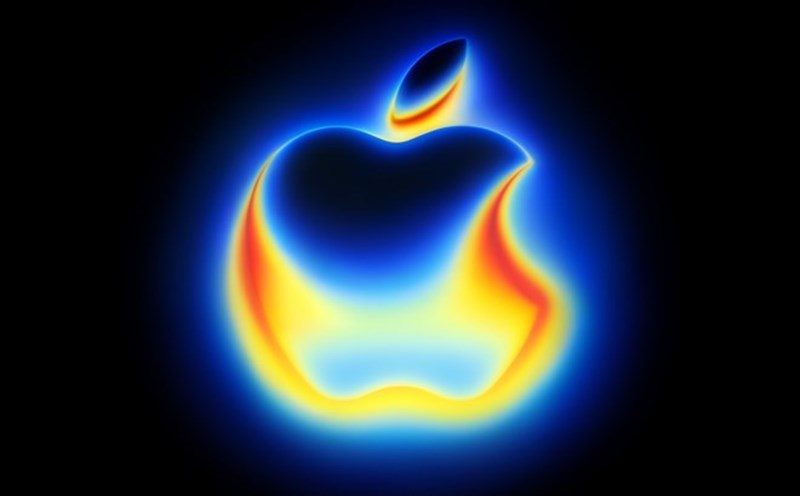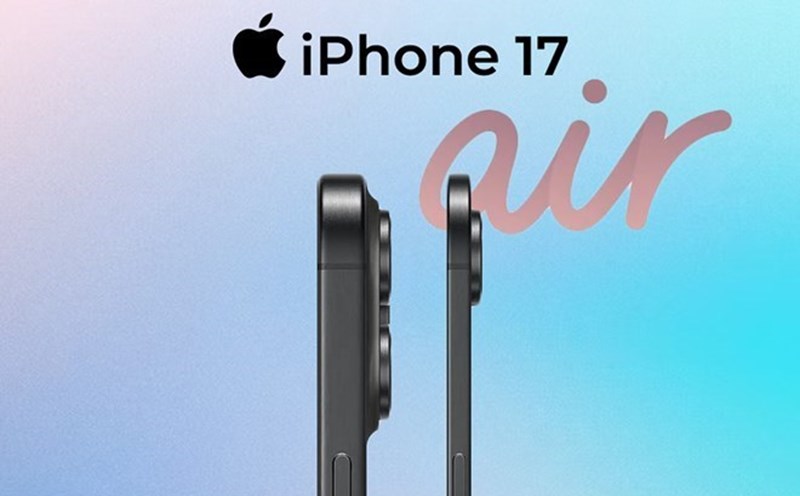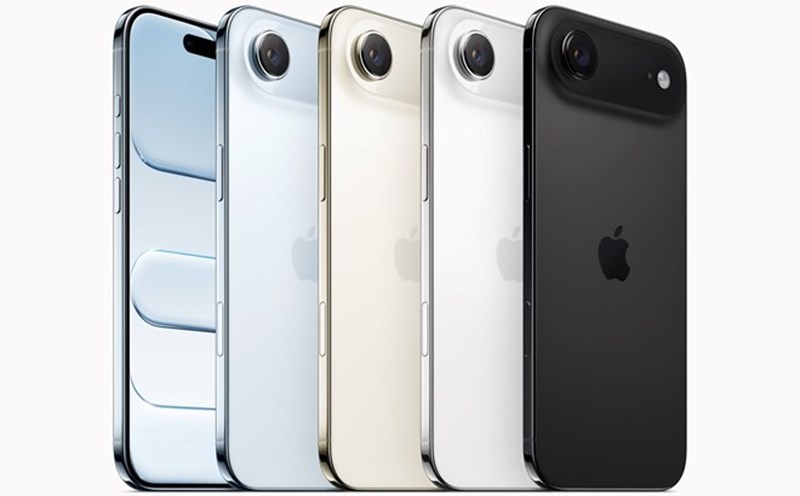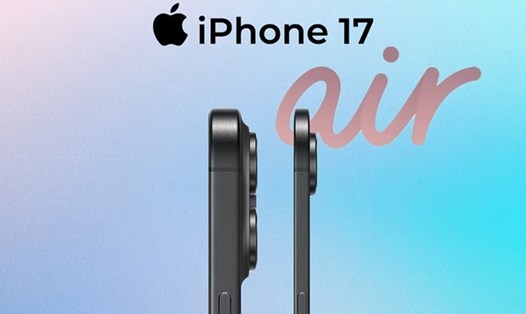Apple's iPhone 17 series and the first iPhone Air model not only attract attention with new design, bright colors, upgraded cameras and powerful performance, but also bring an important step forward in security to fight sophisticated attacks using spyware.
In a blog post on September 9, Apple said it has integrated Memory Integrity Enforcement (MIE) technology on the A19 and A19 Pro chips, iOS 26 operating systems, and a development toolkit.
This is a comprehensive memory security solution, enabled by default, that helps detect and patch memory vulnerabilities, thereby preventing the risk of being penetrated by spyware such as Pegasus of NSO Group ( Israel).
According to Apple, MIE covers many important attack surfaces, including kernel and more than 70 user processes.
This technology is based on the Enhanced memory Tagging Extension (EMTE), an improved version of the tool that Arm introduced to handle memory failure.
With MIE, Apple affirms that this is the most important memory security upgrade in the history of the operating system.
Notably, MIE will not only appear in high-end versions but will be integrated on the entire iPhone 17 and iPhone Air line. Apple believes this will significantly reduce the ability of hackers to exploit security vulnerabilities, especially state-backed groups.
Previously, Apple has repeatedly sent warnings to users about the risk of being tracked by spyware.
In July, the company warned dozens of Irans that their devices were targeted by government-funded attack tools.
Although security experts admit that Apple has made significant improvements, some opinions still say that the company tends to exaggerate the effectiveness of features to promote products.
However, with MIE, Apple is sending a clear message: security is now one of the top priorities, along with the design and performance of the new generation of iPhones.











